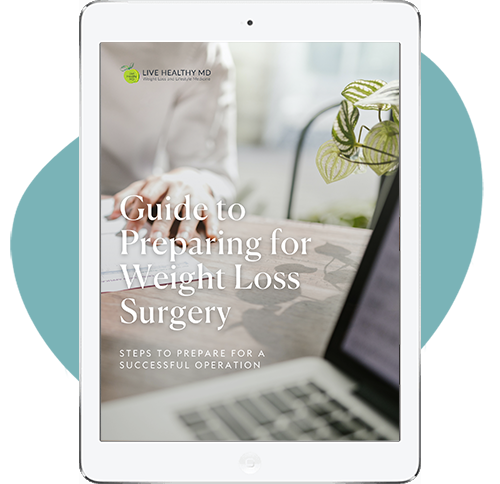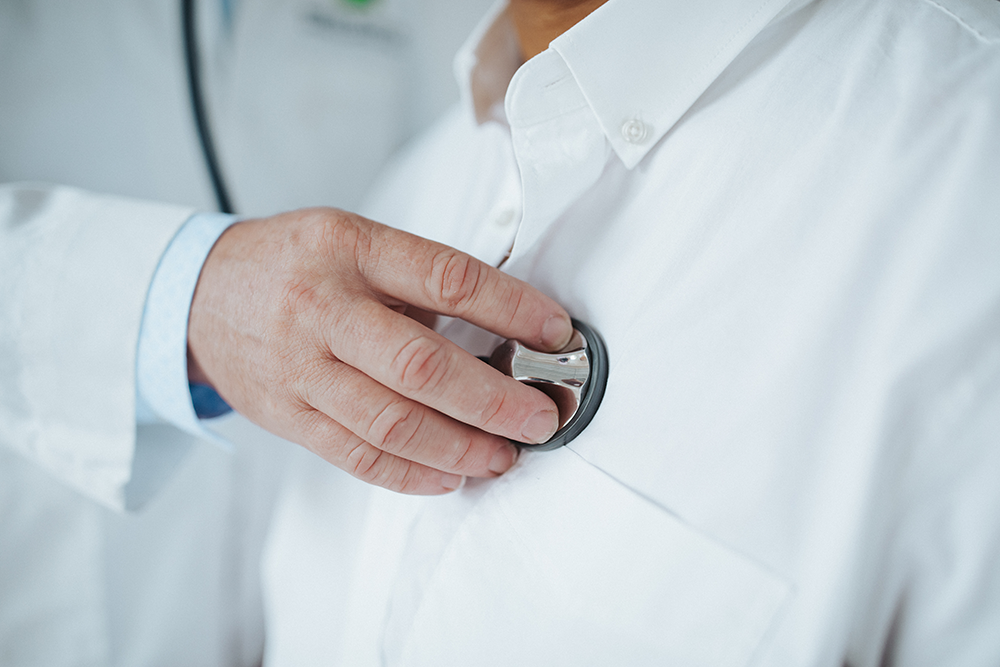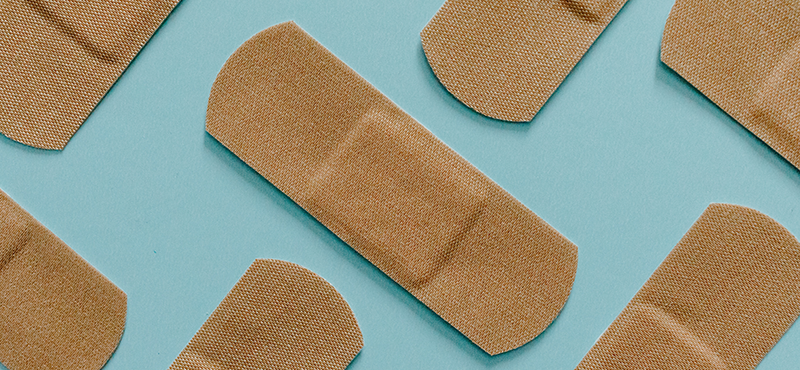
If you are considering have weight loss surgery and are currently a smoker, you will have to quit before beginning your journey. Not only does smoking lead to serious health concerns, but tobacco use before and after weight loss surgery can increase your overall surgical risk and healing process.
We all know that smoking is a bad habit and can contribute to many medical problems, including coronary artery disease, blood clots, chronic obstructive pulmonary disease (COPD), and increased cancer risk. Tobacco use is the leading cause of preventable death in American adults, followed by obesity.
According to the CDC, around 16 million people are living with a disease caused by smoking. And for every person who dies from smoking, 30 more are seriously affected by a smoking-related illness.
However, aside from the health risks that regular tobacco use carries, there is a severe risk of surgical complications if you smoke before or after weight loss surgery. Studies have shown that the risk of serious surgical complications doubles for smokers compared to nonsmokers. Also, individuals who regularly use tobacco products are 1.5 times more likely to experience less serious surgical complications as well.
Risk of Smoking before Bariatric Surgery
1. Pulmonary Complications
After any surgery, you may experience breathing issues, and a compromised immune system as your body heals the surgical wounds. If you are a smoker, you likely already have damaged lungs, making it difficult to get enough oxygen needed for healing. This can decrease your lung’s ability to fight off infection, leaving you vulnerable to develop pneumonia or other pulmonary complications.
2. Marginal Ulcers
Ulcers are already common in smoking adults, but after bariatric surgery, the risk of developing an ulcer significantly increases. In a healthy adult, ulcers are healed by themselves by pumping blood to the stomach. After the surgery, however, the stomach is smaller, limiting blood flow to the stomach, thus impacting the ability of ulcers to heal.
3. Blood Clots
Blood clots are a risk for any individual after bariatric surgery due to poor blood circulation and decreased physical activity. In less than 1% of patients, blood clotting in the legs can break off and go to the lungs or heart, causing a pulmonary embolism. Smokers have a decreased ability to pump blood through the body, significantly increasing your risk of blood clots after bariatric surgery compared to nonsmokers.
4. Wound Healing and Infections
Surgical wound infections or difficulty healing the wounds is a serious concern for patients who smoke before bariatric surgery. In general, smokers have a decreased blood flow rate to tissue due to vascular occlusion (blockage of veins). Since bariatric surgery involves cutting and stapling the intestines, if there is not enough oxygenated blood pumped to the surgical wound, the healing process can be significantly impacted. This can result in infections as oxygen is the primary source of wound healing.
Other Reasons to Quit Smoking before Bariatric Surgery
In general, smokers after bariatric surgery have a 30% increased risk of complications. Similarly, long-term smoking can decrease your ability to lose weight and increase the risk of future complications such as anastomotic ulcers.
If you have smoked within four weeks before your bariatric procedure, you may risk having your surgery postponed or canceled. Some surgeons will not risk surgical complications and the difficult healing process you may experience due to smoking before weight loss surgery.
Weight loss surgery is known to increase your overall life expectancy by about 10 to 15 years, while smokers, on average, die ten years earlier than nonsmokers. Therefore, we encourage all of our bariatric patients to stop smoking as they make this commitment to leading a healthier life.












